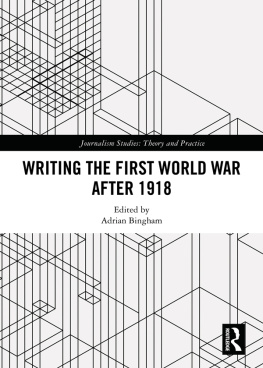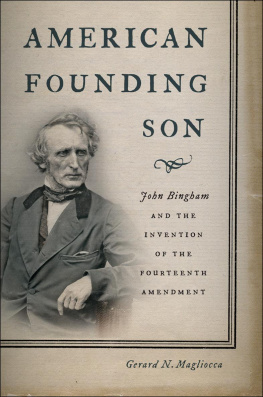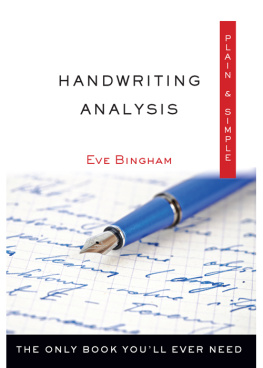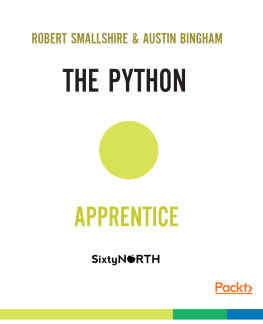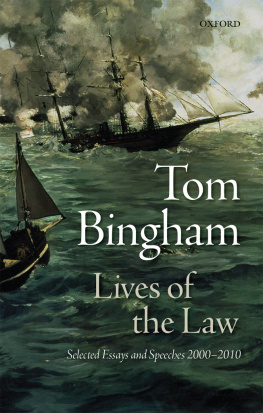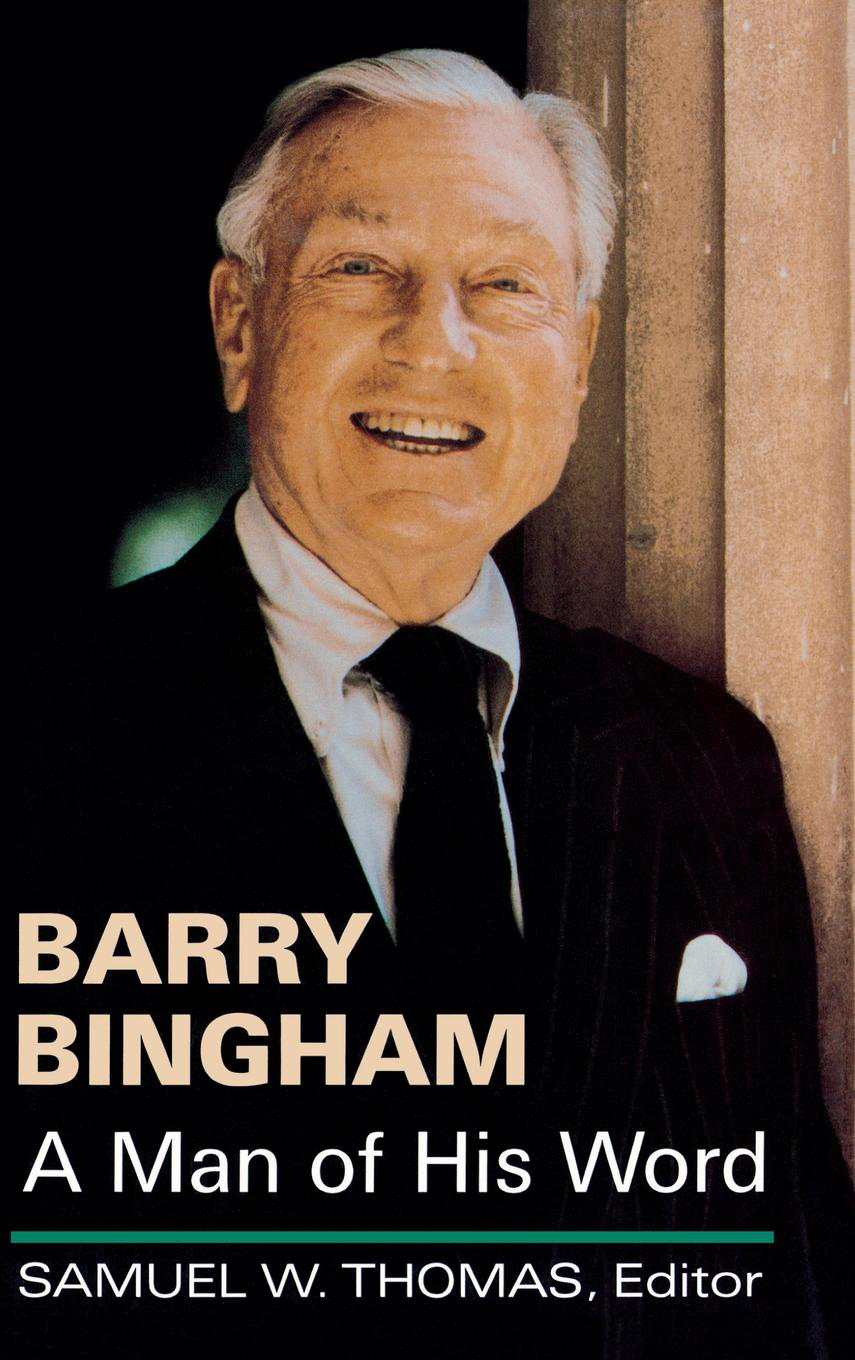Kentucky Remembered
An Oral History Series
JAMES C. KLOTTER and
TERRY L. BIRDWHISTELL
General Editors

BARRY BINGHAM
A Man of His Word
Samuel W. Thomas, Editor

Publication of this book was assisted by a grant from the Mary and Barry Bingham, Sr. Fund.
Frontispiece: Portrait of Barry Bingham by Harvard classmate Gardner Cox, 1970. Courtesy of Mary Caperton Bingham.
Copyright 1993 by The University Press of Kentucky
Scholarly publisher for the Commonwealth,
serving Bellarmine College, Berea College, Centre
College of Kentucky, Eastern Kentucky University,
The Filson Club, Georgetown College, Kentucky
Historical Society, Kentucky State University,
Morehead State University, Murray State University,
Northern Kentucky University, Transylvania University,
University of Kentucky, University of Louisville,
and Western Kentucky University.
Editorial and Sales Offices: Lexington, Kentucky 40508-4008
Library of Congress Cataloging-in-Publication Data
Bingham, Barry. 19061988.
Barry Bingham : a man of his word / edited by Samuel W. Thomas.
p. cm.(Kentucky remembered)
Includes bibliographical references and index.
ISBN 0-8131-1835-2
1. Bingham, Barry, 19061988Interviews. 2. JournalistsKentucky20th centuryBiography. 3. Publishers and publishingKentuckyBiography. I. Thomas, Samuel W., 1938 . II. Title. III. Series.
PN4874.B48A3 1993
070.5092dc20
93-18678
[B]
Contents
[Illustrations follow ]
General Editors Preface
In the field of oral history, Kentucky is a national leader. Over the past several decades thousands of its citizens have been interviewed. Kentucky Remembered will bring into print the most important of those recollections, with each volume focusing on a particular subject.
Oral history is, of course, only one type of source material. Yet by the very personal nature of recollection, hidden aspects of history are often disclosed. Oral sources provide a vital thread in the rich fabric that is Kentucky history.
This volume is the second in the series and, like the first, focuses on the life and career of an individual. Barry Bingham, Sr., was a many-faceted man whose influence covered several fields. Best known for his career as a newspaper publisher and broadcasting executive, he had a significant impact on his native state through those endeavors. But he also touched the lives of many people in many other ways.
This engaging and important man has been the focus of earlier studies, but none capture the spirit of Barry Bingham to the extent this approach does. Editor Samuel W. Thomas has combined Binghams recollections with some of his writings. The result is a work that enlightens, while we enjoy and savor the story of a man who was highly respected and will be long remembered.
Acknowledgments
I am indebted to Mary Caperton Bingham for her counsel and support of this project, undertaken as part of the preparation of her late husbands papers for donation to the Filson Club. Her answers to questions of clarification and her critical guidance and encouragement have been invaluable.
The general editors of this oral history publication seriesJames Klotter, state historian and director of the Kentucky Historical Society, and Terry Birdwhistell, University of Kentucky archivist and director of its Oral History Programhave been most helpful in shaping this manuscript. John Ed Pearce, longtime Courier-Journal editorial writer and columnist, and now also a contributor to The Herald-Leader, and Keith L. Runyon, editor of The Courier-Journals Opinion Pages, both offered insight and penetrating evaluation.
Catherine Esary, Ann Cunningham, and Patti Vance diligently prepared the transcriptions and manuscript drafts, and their efforts are appreciated. I also acknowledge the particular assistance of William E. Ellis, director of the Oral History Center at Eastern Kentucky University, who interviewed Barry Bingham extensively in connection with scholarly articles he wrote about the Bingham family. The cooperation of the following was also essential: Kim Lady Smith, director, and Cary Wilkins, former project archivist, of the Kentucky Oral History Commission; Carl Ryant and Dale Patterson, codirectors of the Oral History Program, University of Louisville; Wade Hall, professor of English, Bellarmine College; David Shedden, archivist, Poynter Institute for Media Studies, St. Petersburg, Florida; and C. Thomas Hardin, director of photography, The Courier-Journal.
Samuel W. Thomas
Introduction
At a glittering occasion marking the reopening of the Brown Hotel in January 1985, Barry Bingham made a few remarks. He recalled some words his father, Robert Worth Bingham, had spoken when the hotel first opened sixty-two years before. When my father was speaking at the earlier occasion, he said: Success is never an accident. It is a result of courage, character, judgment, and hard work. I add one more word to what he said: its also a result of vision. Perhaps vision, or long-term direction, is also what most clearly delineated the son from his father.
Barry Bingham was only seventeen when the Brown was dedicated in 1923. His father had been a successful lawyer, interim mayor and circuit court judge, and for five years owner of The Courier-Journal and The Louisville Times. He would be named by President Franklin Roosevelt ambassador to Great Britain in 1933. By then, Barry Bingham had graduated from Harvard University and had worked for a year at WHAS radio. He was newly married and was beginning to wend his way into management of the newspapers.
For a 1983 Kentucky Post series entitled Soul of Kentucky, David Wecker described coming to Sixth and Broadway for an interview.
Barry Bingham, Sr. takes light, quick, forward-leaning strides through the lobby of The Courier-Journal and Louisville Times Building. His bulky briefcase seems to have no drag on his headway. Thirty-eight years as editor and publisher of the two largest newspapers in Kentucky taught him to move fast. He blurs through the lobby like a man on a deadline.
He greets the woman at the reception desk with a smile and a quick salute as he swoops into the elevator and punches the button for the third floor. He arrives in his office and flops his briefcase down on his desk. Hes just returning from a morning spent tape recording textbooks for blind students, and hes eager to scan the copy of todays paper waiting in front of a portrait of his grandchildren....
Barry Bingham was twelve years old when the Judge bought controlling interest in The Courier-Journal and The Louisville Times. The Courier-Journal, widely regarded as the more powerful of the two, was first published in 1868although it was the product of a merger of two papers that dated back to 1826. My father had a strong feeling that these papers, particularly The Courier-Journal, which had a famous old name, had run down very badly, he said.
The Judges son wasnt very much interested in the newspaper business. He preferred writing poetry to headlines, and in 1928, was graduated from Harvard University with a degree in literature. I was at that point thinking I wanted to write the great American novel, he said. I was very interested in what is now called creative writing, having done a great deal of it in college. And it took me the better part of a year to finish the great American novel. It was called Battle in the Dark, after a Walt Whitman quotation, but it was not a great novel. Fortunately for me, it was not published.


![Barry Bingham - Falklands, Jutland And The Bight [Illustrated Edition]](/uploads/posts/book/291116/thumbs/barry-bingham-falklands-jutland-and-the-bight.jpg)
